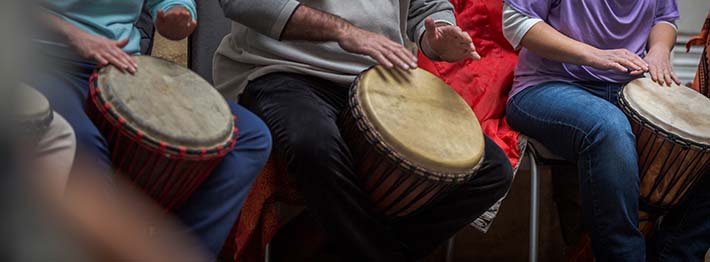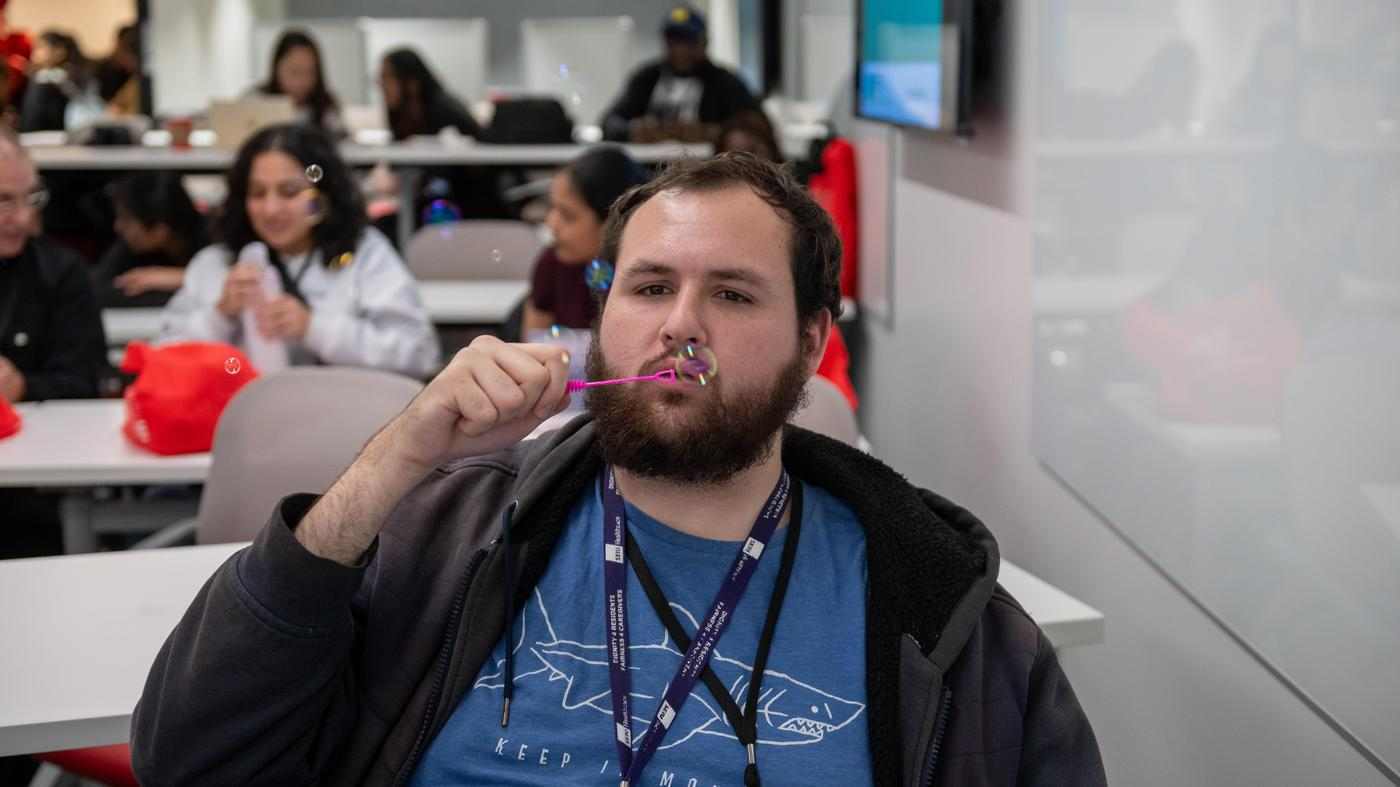Music has always been a great stress reliever. It lightens our mood, improves memory and reduces anxiety. Music therapy takes these benefits to an entirely different level.
Music therapy is an alternative to other types of counseling and uses a person’s response and connections to music to encourage positive changes in mood and well-being. It can involve making music with instruments, singing, dancing or just listening. There is no verbal communication between the patient and therapist, making it a great form of interaction for people who have difficulties expressing themselves verbally.
Music therapy helps:
- Reduce stress, depression and promotes relaxation;
- Lower pain for many medical conditions;
- Improve memory skills, reading and math skills;
- Improve fine motor skills when learning to play an instrument;
- Provide a creative way for people to express their feelings.
Music therapy benefits:
- Mental health – the dopamine released while undergoing music therapy helps patients feel happy and feel good;
- Autism – may improve social responses, communication and attention skills;
- Dementia and Alzheimer’s patients – may unlock memories, reduce anxiety and agitation and help reconnect patients with loved ones. Music therapy may be beneficial to these who may not be able to communicate any other way;
- Seniors – helps with cognitive and speech skills.
For most of us, listening to music may connect us to our past, lighten our spirits or change our thoughts from negative to positive. For many though, it can be an important part of their medical treatment when used with traditional therapy.




